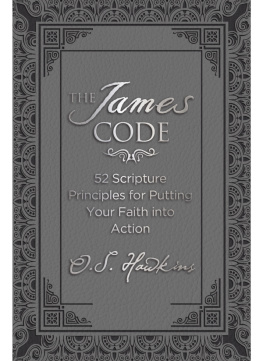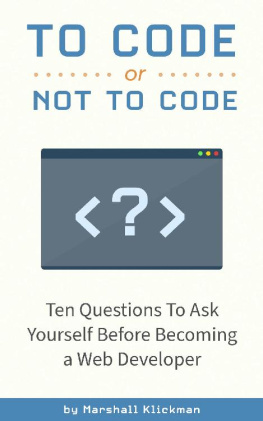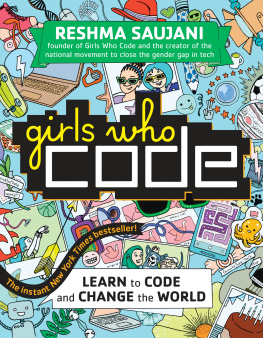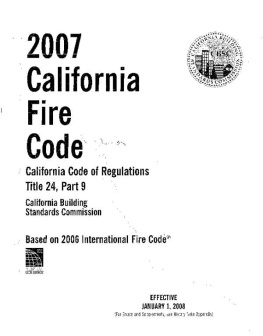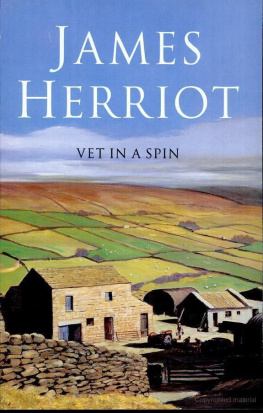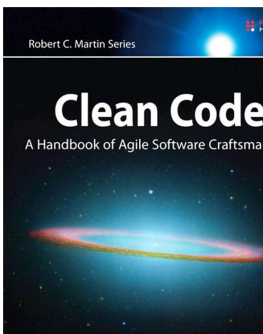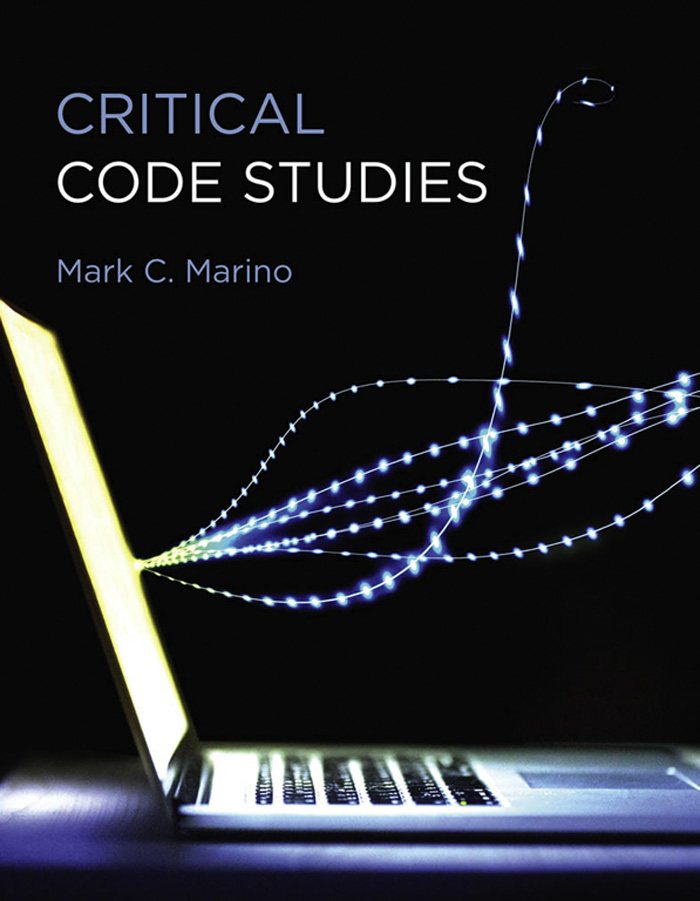
Critical Code Studies
Software Studies
Lev Manovich and Noah Wardrip-Fruin, editors
Expressive Processing: Digital Fictions, Computer Games, and Software Studies, Noah Wardrip-Fruin, 2009
Code/Space: Software and Everyday Life, Rob Kitchin and Martin Dodge, 2011
Programmed Visions: Software and Memory, Wendy Hui Kyong Chun, 2011
Speaking Code: Coding as Aesthetic and Political Expression, Geoff Cox and Alex McLean, 2012
10 PRINT CHR$(205.5+RND(1)); : GOTO 10, Nick Montfort, Patsy Baudoin, John Bell, Ian Bogost, Jeremy Douglass, Mark Marino, Michael Mateas, Casey Reas, Mark Sample, and Noah Vawter, 2012
The Imaginary App, Paul D. Miller and Svitlana Matviyenko, 2014
The Stack: On Software and Sovereignty, Benjamin H. Bratton, 2015
Coding Literacy: How Computer Programming Is Changing Writing, Annette Vee, 2017
The Software Arts, Warren Sack, 2019
Critical Code Studies, Mark C. Marino, 2020
Critical Code Studies
Mark C. Marino
The MIT Press
Cambridge, Massachusetts
London, England
2020 Massachusetts Institute of Technology
All rights reserved. No part of this book may be reproduced in any form by any electronic or mechanical means (including photocopying, recording, or information storage and retrieval) without permission in writing from the publisher.
This book was set in ITC Stone Serif Std and by ITC Stone Serif Std and ITC Stone Sans Std by Toppan Best-set Premedia Limited.
Library of Congress Cataloging-in-Publication Data
Names: Marino, Mark C., author.
Title: Critical code studies / Mark C. Marino.
Description: Cambridge, Massachusetts : The MIT Press, 2020. | Series: Software studies | Includes bibliographical references and index.
Identifiers: LCCN 2019024253 | ISBN 9780262043656 (hardcover)
Subjects: LCSH: Computer software--Social aspects. | Coding theory--Philosophy. | Programming languages (Electronic computers) | Rhetoric.
Classification: LCC QA76.9.C66 M628 2020 | DDC 005.3--dc23
LC record available at https://lccn.loc.gov/2019024253
10 9 8 7 6 5 4 3 2 1
for my family,
especially Barbara, Genevieve, & Dayveon
who give my life meaning
Contents
Series Foreword
Software is deeply woven into contemporary lifeeconomically, culturally, creatively, politicallyin manners both obvious and nearly invisible. Yet while much is written about how software is used and the activities that it supports and shapes, thinking about software itself has remained largely technical for much of its history. Increasingly, however, artists, scientists, engineers, hackers, designers, and scholars in the humanities and social sciences are finding that for the questions they face, and the things they need to build, an expanded understanding of software is necessary. For such understanding, they can call upon a strand of texts in the history of computing and new media; they can take part in the rich, implicit culture of software; and they also can take part in the development of an emerging, fundamentally transdisciplinary, computational literacy. These provide the foundation for software studies.
Software studies uses and develops cultural, theoretical, and practice-oriented approaches to make critical, historical, and experimental accounts of (and interventions via) the objects and processes of software. The field engages and contributes to the research of computer scientists, the work of software designers and engineers, and the creations of software artists. It tracks how software is substantially integrated into the processes of contemporary culture and society, reformulating processes, ideas, institutions, and cultural objects around their closeness to algorithmic and formal description and action. Software studies proposes histories of computational cultures and works with the intellectual resources of computing to develop reflexive thinking about its entanglements and possibilities. It does this both in the scholarly modes of the humanities and social sciences and in the software creation/research modes of computer science, the arts, and design.
The Software Studies book series, published by the MIT Press, aims to publish the best new work in a critical and experimental field that is at once culturally and technically literate, reflecting the reality of todays software culture.
Hacknowledgments
This book would not have been possible without the help, support, and encouragement of many people, so many that this list will likely omit more than I include. This list should begin with my close collaborators Jeremy Douglass and Jessica Pressman, who read draft after draft. I would also like to thank Tara McPherson, who supported my work on the Transborder Immigrant Tool, as well as the ASHSS sabbatical that gave me time to work on this manuscript. My thanks to Doug Sery, who always believed in this book despite various reviwer #2s. Thanks to Kathleen Caruso, Noah Springer, Michael Sims, copy editor extraordinaire Melinda Rankin, Noah Wardrip-Fruin, Lev Manovich, and the whole MIT Press team. This book would also not be here without Max Feinstein, whose interest in CCS gave rise to the working groups, the members of which continue to develop new methods and readings. Todd Millstein of UCLA and the computer science faculty of Loyola Marymount University gave considerable support, including Philip Dorin, Ray Toal, John David N. Dondi Dionisio, B. J. Johnson, Andrew Fourney, and especially Stephanie August, who delivered the first draft of the manifesto to a CS conference at UC Irvine.
The birth of a field requires tools and talent. For example, Craig Dietrich and Erik Loyer created the code annotation functionality for Scalar for the investigation of the Transborder Immigrant Tool. Thanks to all those who gave feedback on drafts, including, in addition to those already mentioned: Rochelle Gold, Jason Lewis, Jon Corbett, Stephanie Boluk, Sarah Lehne, Paul Feigelfeld, Brett Stalbaum, Susanne Holl, and Peter Berz. Thanks to my mentors, N. Katherine Hayles and Toby Miller. Thanks to those other scholars who have contributed to the development of the field: Evan Buswell, David M. Berry, Damon Loren Baker, Wendy Chun, Stephen Ramsay, Dennis Jerz, Judy Malloy, Mez, micha crdenas, Chris Lindgren, Liz Losh, Federica Frabetti, Annette Vee, Kevin Brock, Kevin Driscoll, Matthew Kirschenbaum, Jessica Marie Johnson, Mark A. Neal, Arielle Schlessinger, Steve Anderson, Jacqueline Wernimont, Patsy Baudoin, Nick Montfort, Ben Allen, Chandler McWilliams, Jim Brown Jr., Evan Gerstman, Stephanie Boluk, Patrick LeMieux, Ed Finn, Moritz Hiller, the Electronic Disturbance Theater, and Daniel Temkin, along with the many others who gave their time to participate in the CCSWGs. Thanks to those who helped coordinate the CCSWGs, including, Ali Rachel Pearl, Viola Lasmana, Catherine Griffiths, Jason Lipshin, and Teddy Roland. Thanks to Ariane Hanrath and the Hammermann family for their help translating German. Thanks to Rob Wittig for all his support and encouragement in all matters related to writing. Thanks to all the members and affiliates of the Humanities and Critical Code Studies (HaCCS) Lab at USC, as well as HASTAC, SLSA, MLA, and ELO. Sections of this book were previously published in earlier versions in Electronic Book Review, American Book Review, and Digital Humanities Quarterly, and I am grateful to Joseph Tabbi, Steve Tomasula, and Jessica Pressman and Lisa Swanstrom who edited the drafts for those publications, respectively. Thanks to Jentery Sayers, Lauren Klein, and Matthew Gold who edited related CCS chapters. And lastly, I thank my family for their love and support: my wife, Barbara, who has taught me about more than just assembly; my parents, Arthur and Patricia, who offered boundless encouragement; and my uncle, James Marino, who tirelessly proofread various drafts of the manuscript.
Next page

